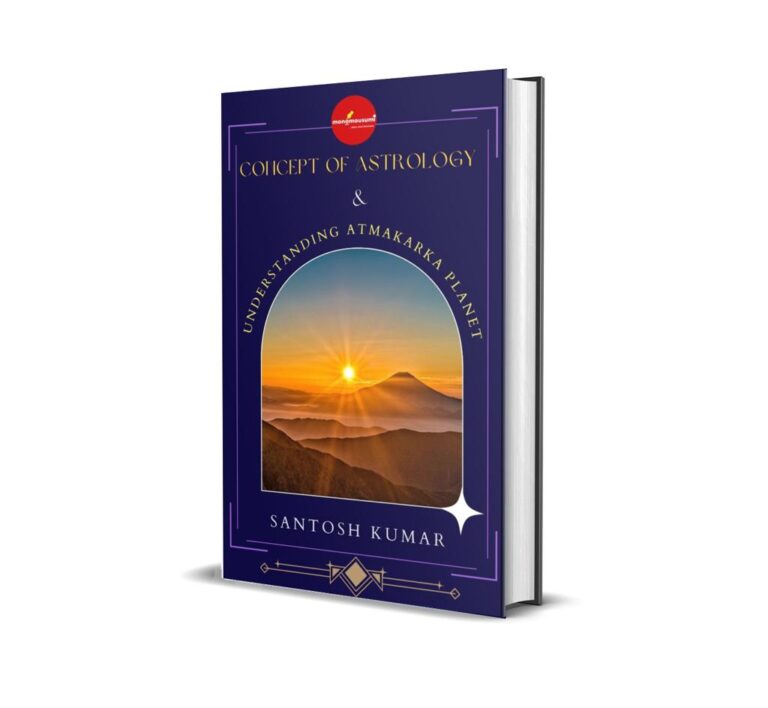
The book Identity/Difference, authored by William E. Connolly, explores the prominence of individual identity in the understanding of democracy and politics. In Connolly’s analysis, both the construction of identity as well as the conflicts that arise from it, play an important role in reinforcing political structures by embedding individuals into the process. individuals solidify and accumulate their identity through societal norms and the process of differentiating their positionality with others. This distinction and othering inevitably cause conflicts, which act as boundaries that harm inclusivity and reinforce inequalities. Connolly’s analysis focuses on this nature, where individuals further have a “proclivity to marginalize or demonize difference to sanctify the identity they confess”.
A significant terminology that is coined by Connolly is the concept of “biocultural ideology”. In his book, Connolly explores the prominence of corporeal sensibilities that contribute to the formation of individual identity. Connolly connects biological markers like race, gender, and physical traits with cultural norms and narratives to explain how society constructs contrasting identity groups that delineate between “us” and “them”. In other words, identity formation involves a crucial interaction between biology and culture, each influencing the other in a mutually dependent way.
Cultural norms impact how society perceives and values biological differences like gender or race. Simultaneously, genetic tendencies, like emotional reactions or brain functions, can influence how people participate in cultural traditions. This concept of biocultural ideology plays an important role in naturalizing differences between social groups, embedding individuals into the political system of division and exclusion. The corporeal experiences of biocultural divisions normalize social exclusions and justify the prevalent social hierarchies, thereafter influencing political rhetoric and policies.
Through these arguments, Connolly criticizes the normalization of exclusion and marginalization that is normalized through the delineation that derives from identity politics. Connolly mentions several significant cases, including the nature of democratic regimes, which are conceptually founded on equality and inclusion. Despite fundamental principles of democracy, the prevalence of biocultural ideologies may foster more exclusionary and discriminative policies and practices. As a matter of fact, Connolly contends that democratic politics are prevalent with authority and recognition, which frequently result in the marginalization of ethnic, minority, and other marginalized identities.
These conflicts result from democratic societies’ propensity to marginalize some identities while elevating others, typically those that conform to prevailing biocultural ideologies. Connolly’s theoretical approach is largely influenced by poststructuralist ideas, especially those of Jacques Derrida and Michel Foucault. He places an emphasis on how language, discourse, and power shape political relationships and identities, and the meanings that are provided on diversity and the way we discuss identity have an impact on the organization of society.
Identity/Difference presents a careful examination of how the construction of biological and cultural identities permeates into the political sphere to legitimize pre-existing power structures. The concept of biocultural ideologies also offers a valuable contribution to political theory by adding a new lens and perspective to the way in which we understand conflict and tension. Despite its contribution, this review focuses on two focal criticisms of the book. I argue that Connolly’s analysis of biocultural ideology focuses on only one side of the story: how ideologies delineate and exclude different social groups.
However, biocultural ideologies also operate with a strong sense of group collectivity and cohesion, which enables strong distinctions and functions of differentiation to happen. By focusing on exclusion as the primary force, Connolly may be neglecting other aspects of identity formation, such as identity forming in response to affiliation and mutual recognition. Identities are sometimes assembled by shared values, common experiences, or self-recognition, rather than opposing and criticizing something with distinct values. Copious communities base their identity on cultural heritage, shared histories, or common goals, which can be viewed as one of the examples of collective and multi-dimensional conditions of identity formation.
The rational and logical reasoning that could be offered is that the foundation of biocultural ideology also requires conditions of strong collectivity. Connolly’s emphasis on conflicts may lead one to believe that identities arise only from confrontation and exclusion, disregarding the significance of shared practices and cooperation in shaping individual and collective identities. Moreover, focusing on exclusion may result in a somewhat pessimistic perspective on identity politics, where divisions and conflicts among disparate groups mainly characterize societal interactions. This contends that Connolly’s perspective ignores the potential for constructive intergroup connections and collaboration, in which identities are built together through communication and interaction that is solely set in opposition.
Furthermore, the external validity of Connolly’s analysis requires further investigation. Granted, the book focuses heavily on the context of the United States, which presents an adequate setting for investigating identity politics and diversity. The nation’s background of immigration, diversity, and emphasis on personal uniqueness provide an affluent environment for discussing identities, particularly in terms of race, gender, sexuality, and ethnicity.
However, it’s also the case that American political culture has a heavy focus on individual autonomy and individual rights, highlighting the significance of individualistic identities in democracy. Nevertheless, in more collective societies, identity and politics are often influenced by values that prioritize community, societal unity, and group membership rather than individual independence. Numerous Asian, African, and Latin American cultures function under cultural contexts in which a person’s identity is closely connected to their family, community, or national identity. For example, East Asian countries have highlighted the importance of “Confucian principles” which point to the significance of societal peace and reverence for hierarchical bonds, like those among parents and children, rulers and subjects, or older and younger individuals. In this case, identity is established and connected within a communal setting, rather than being personalized.
In these circumstances, identity is not just about how a person defines themselves but is often influenced by their position in a broader societal system. This is not to say that biocultural ideologies do not exist in these contexts. They may also play an important role in reinforcing power structures, naturalizing social hierarchies, and embedding individuals into these processes.
Connolly’s analysis of biocultural identity construction provides insight into understanding the contentions and exclusionary practices in identity politics, as well as its contradictions with democratic values. His arguments also play a crucial role in the explanation of the various circumstances of individual interaction and ideology that are especially closely related to the political field. Nonetheless, some of his arguments can be criticized for the fact that he had a pessimistic and overstated view of identity formation, which is through rejection and conflicts. Also, the points majorly focus on the US context, which leaves room for further exploration of how heterogeneity exists in the understanding of biocultural ideologies and the need for agonistic respect.
By; Sijun Shin
Write and Win: Participate in Creative writing Contest & International Essay Contest and win fabulous prizes.


